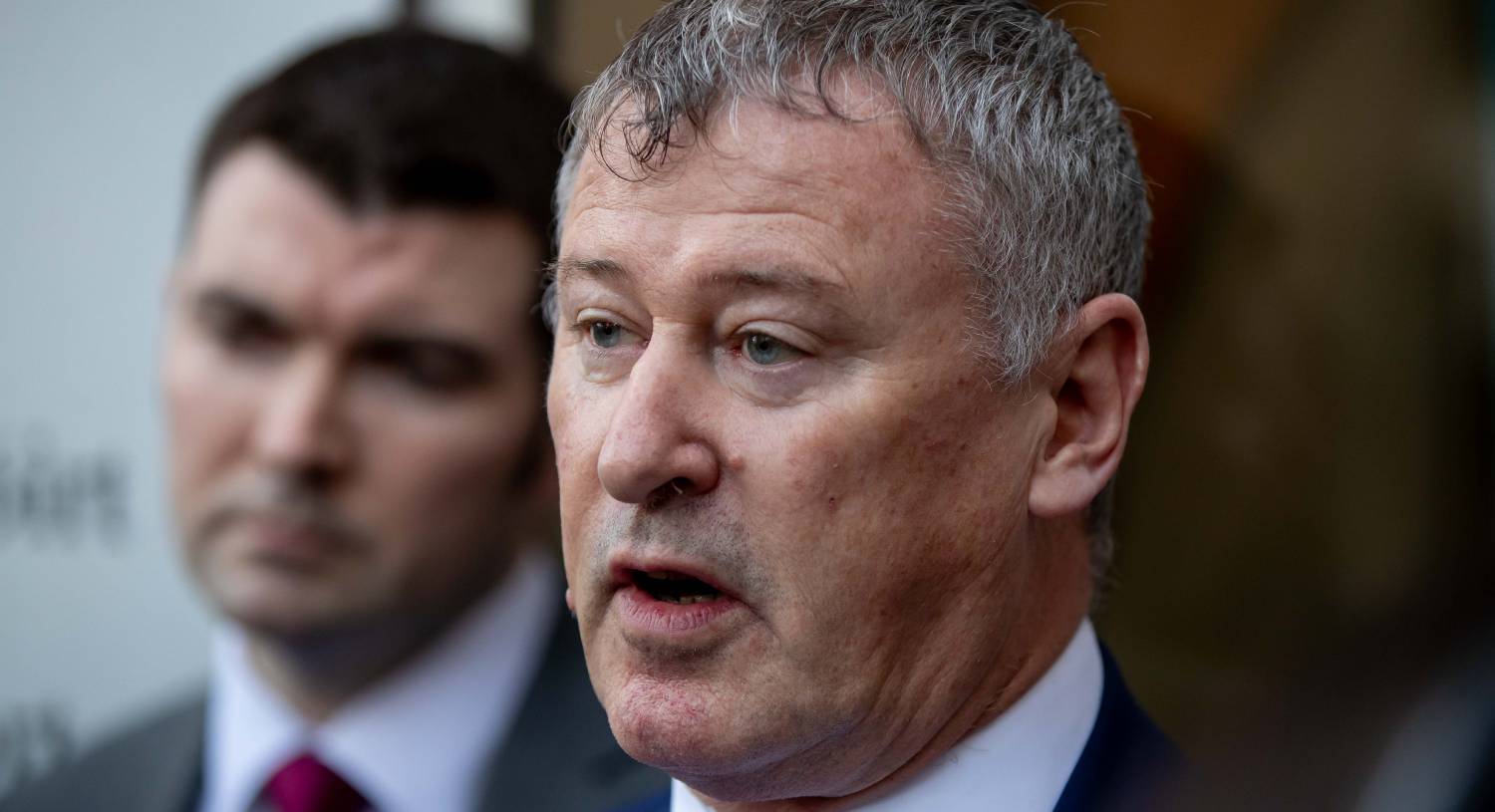In a wide-ranging interview, Gary Owens, the interim chief executive of the FAI discusses: Rebuilding the League of Ireland, and the open tensions between the FAI and the clubsThe potential positives of BrexitAddressing the cultural and financial issues within the FAI post-John DelaneyMedia rights and the FAI brand valueThe potential for an All-Ireland leagueFinancial issues, banks and sponsorsReviving the fractured relationship with governmentWhy the FAI should be an €80 million business – instead of a €30 million oneThe appointment of a new executive teamWhy the FAI needs a brand overhaulThe impression that there has been a corporate coup at the…
Cancel at any time. Are you already a member? Log in here.
Want to read the full story?
Unlock this article – and everything else on The Currency – with an annual membership and receive a free Samsonite Upscape suitcase, retailing at €235, delivered to your door.

